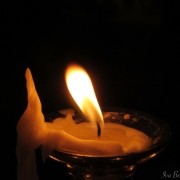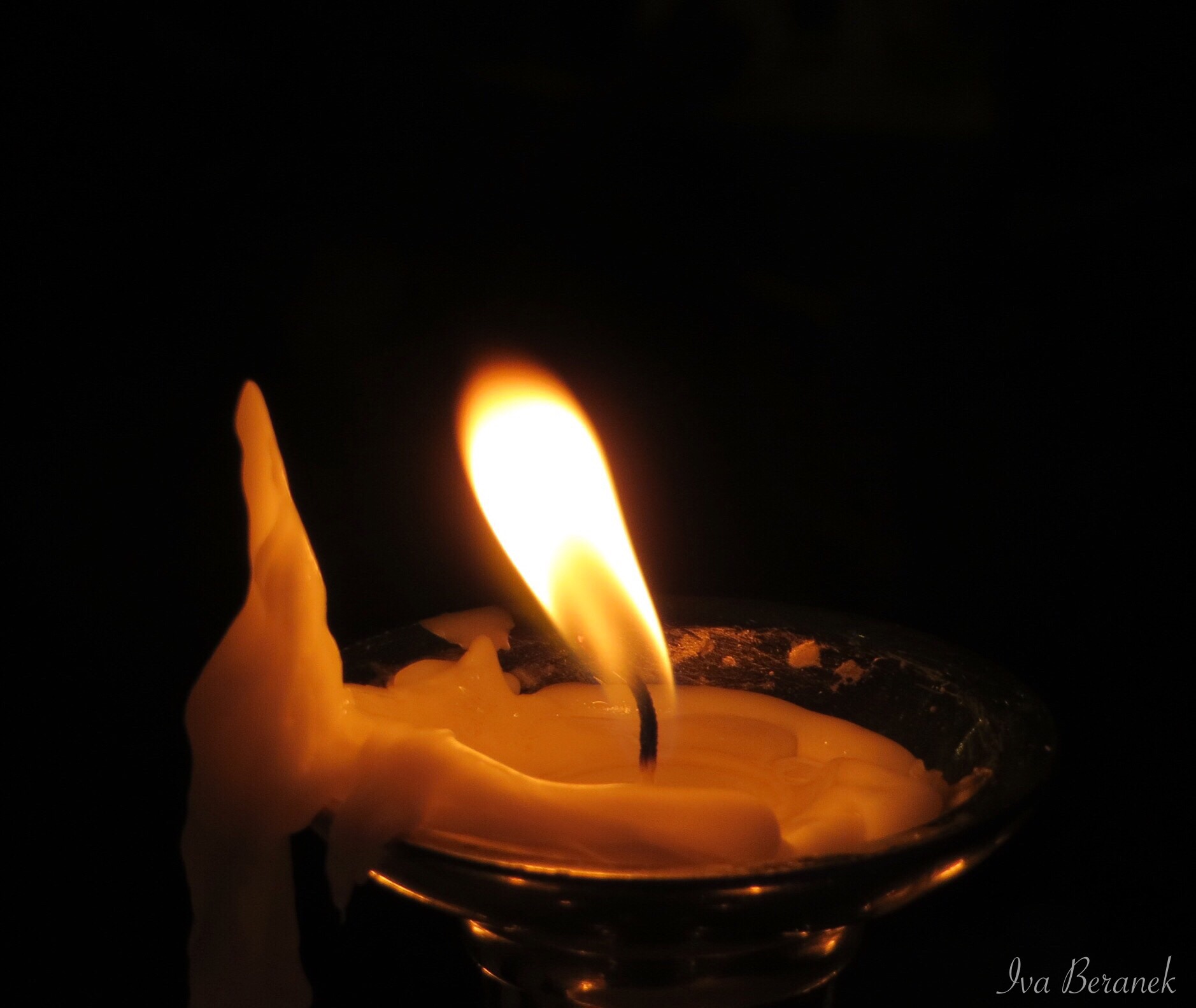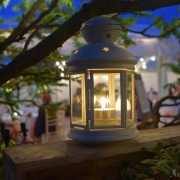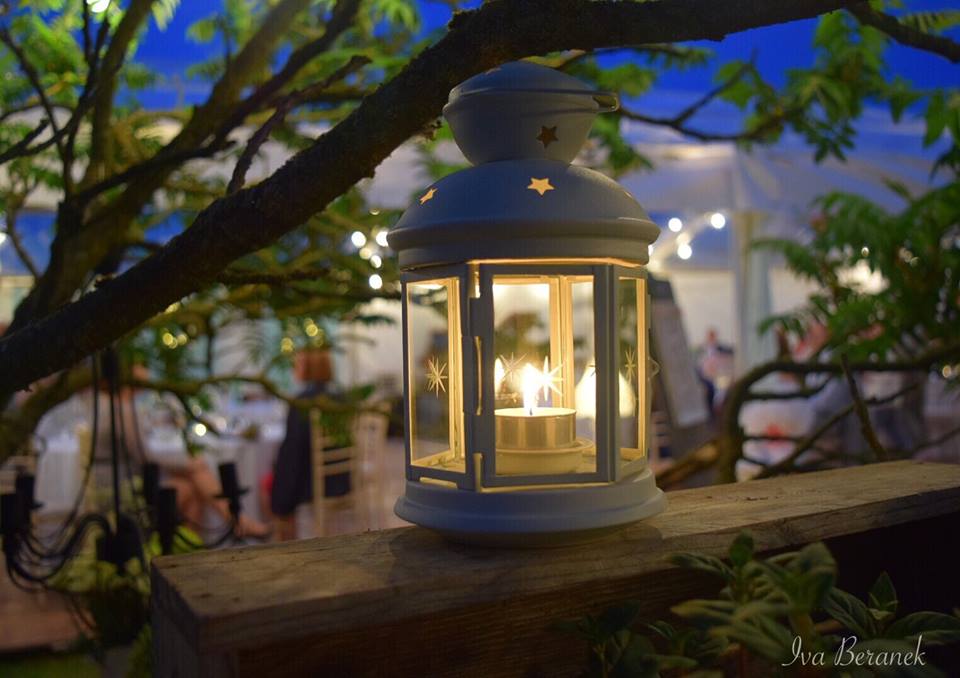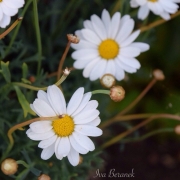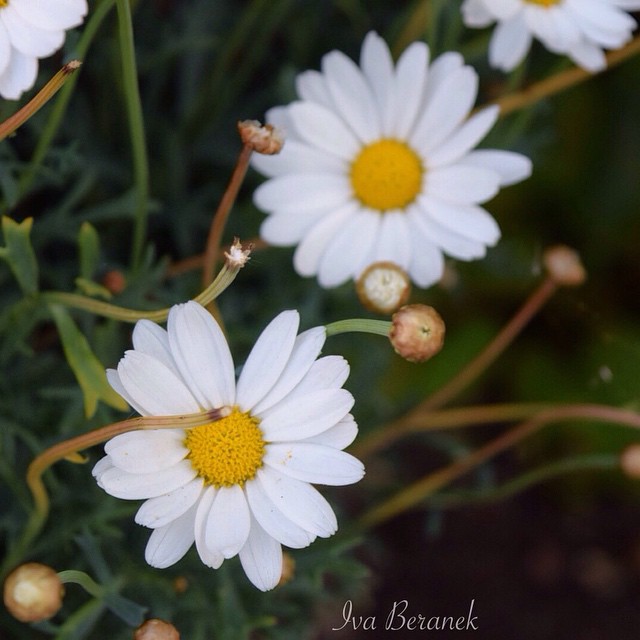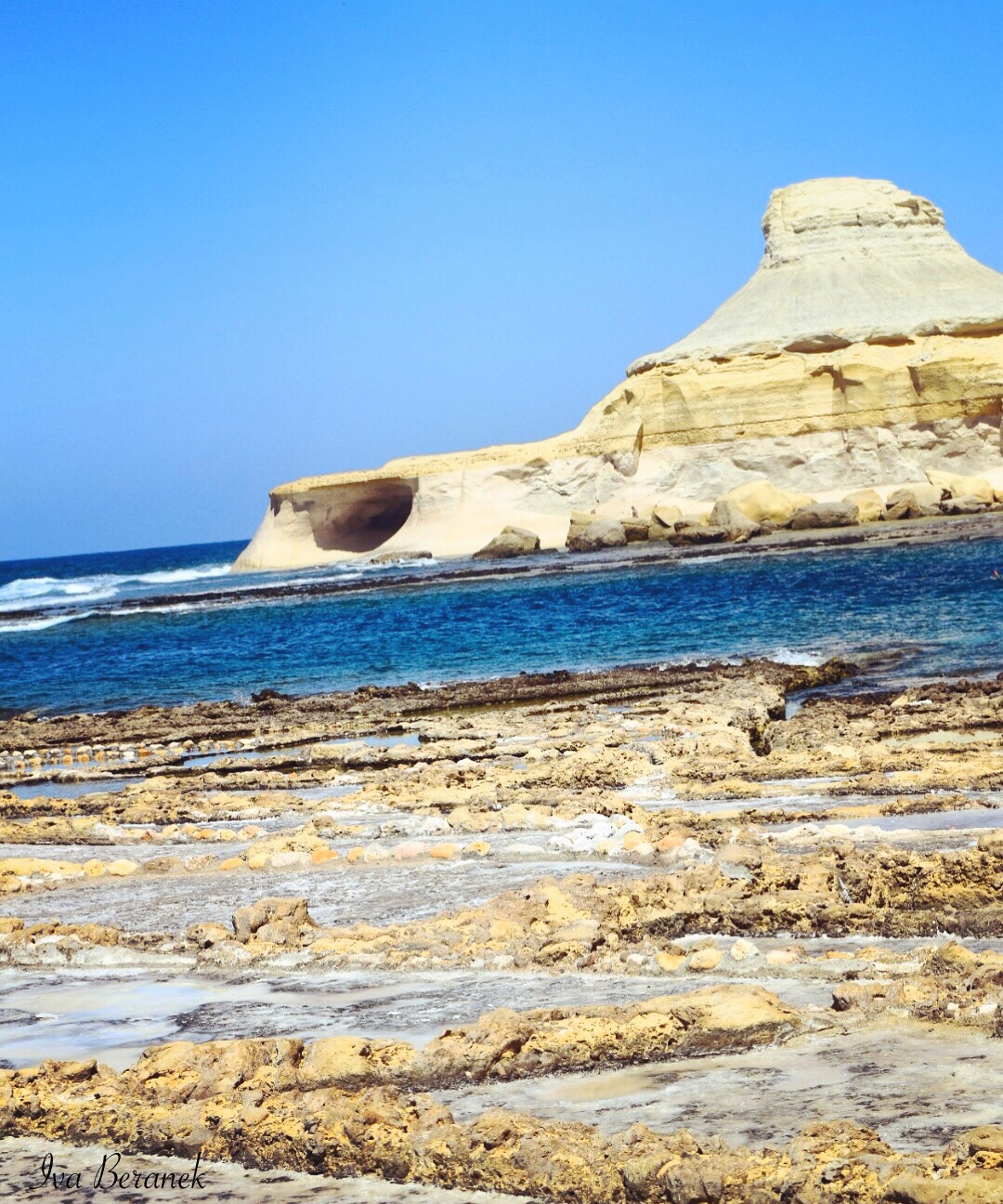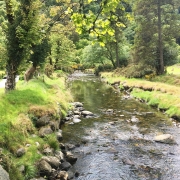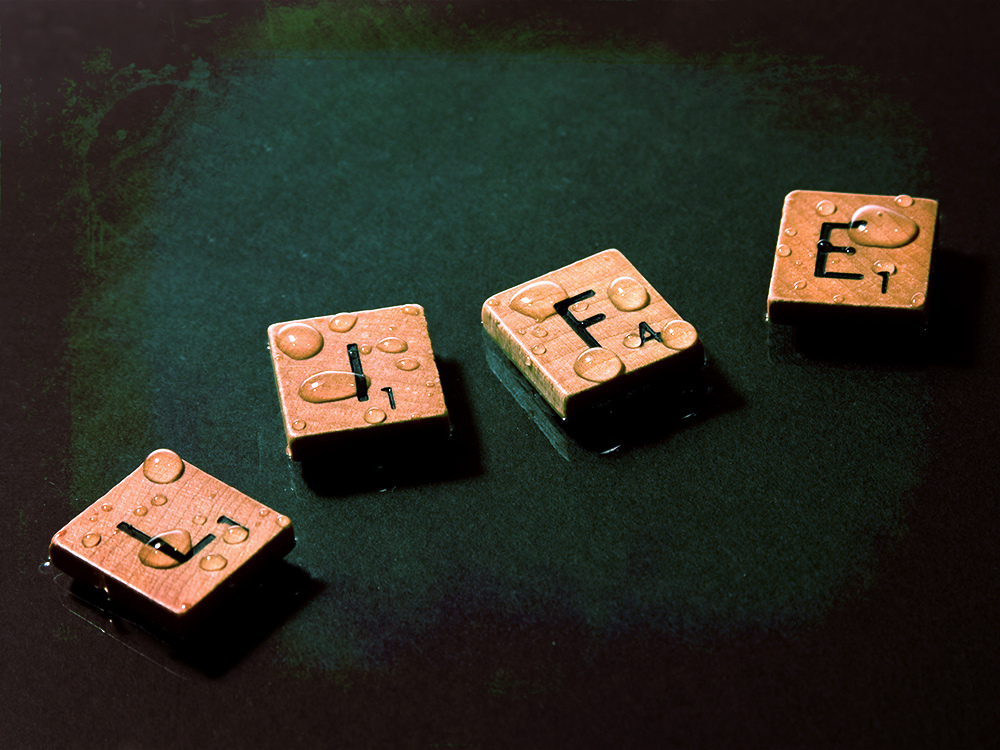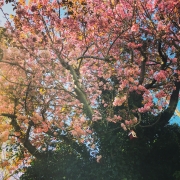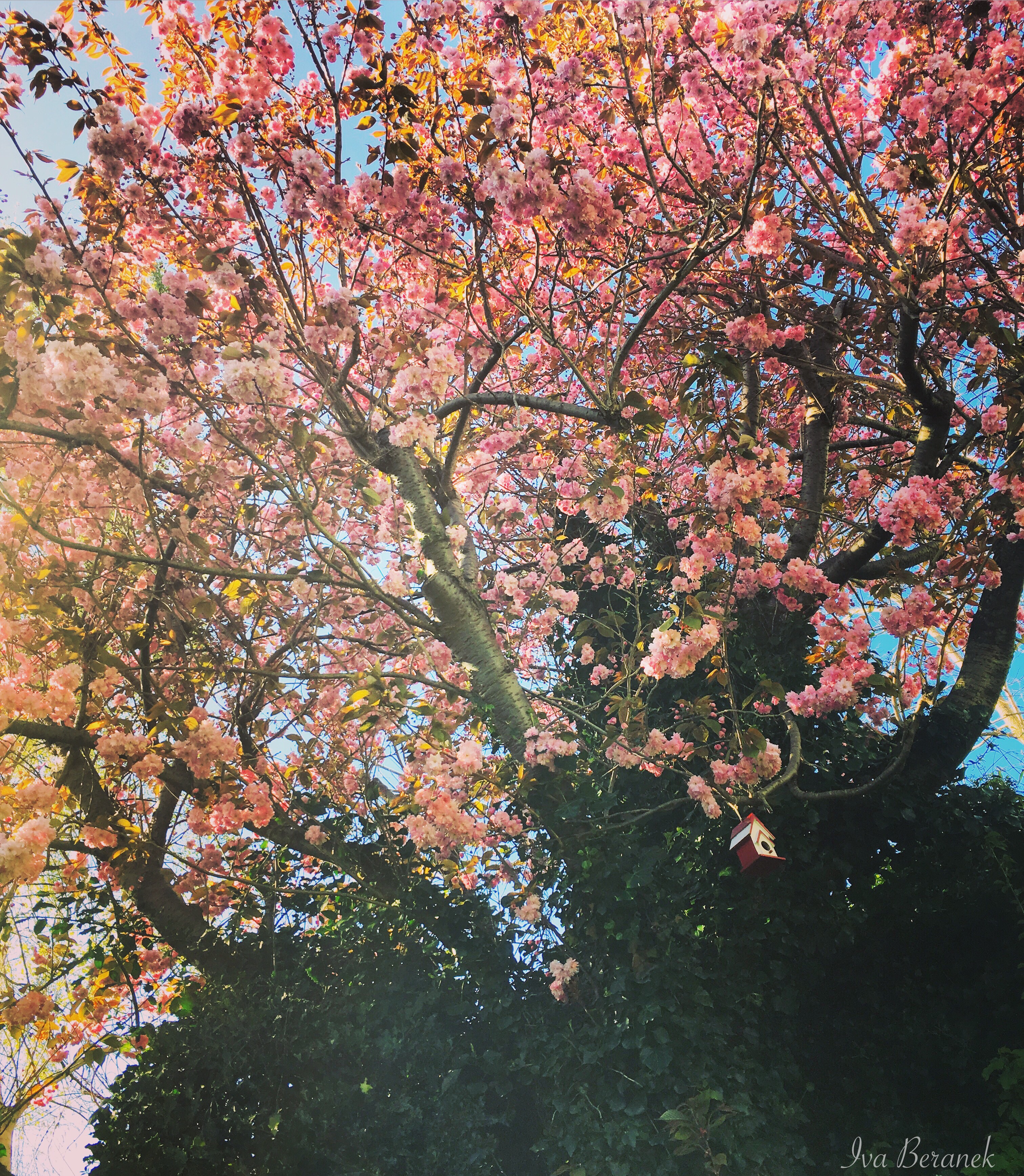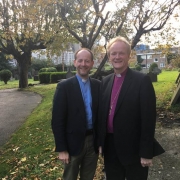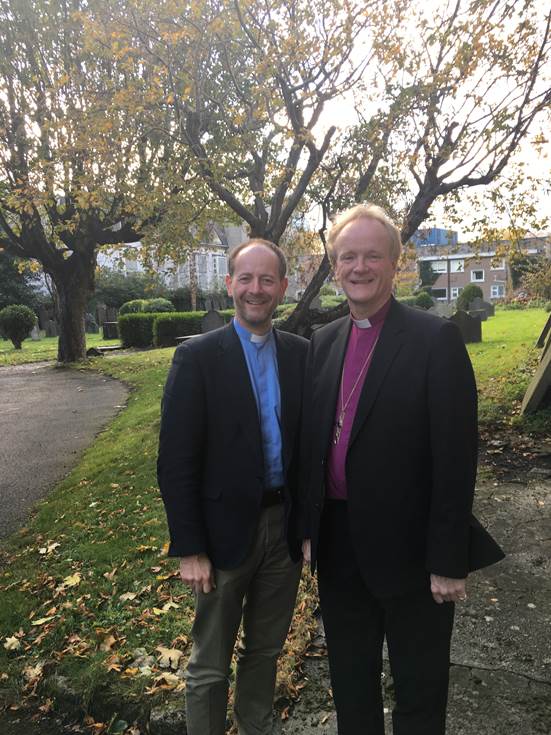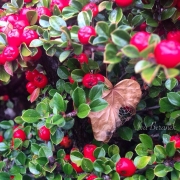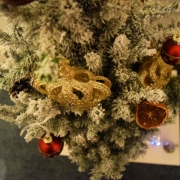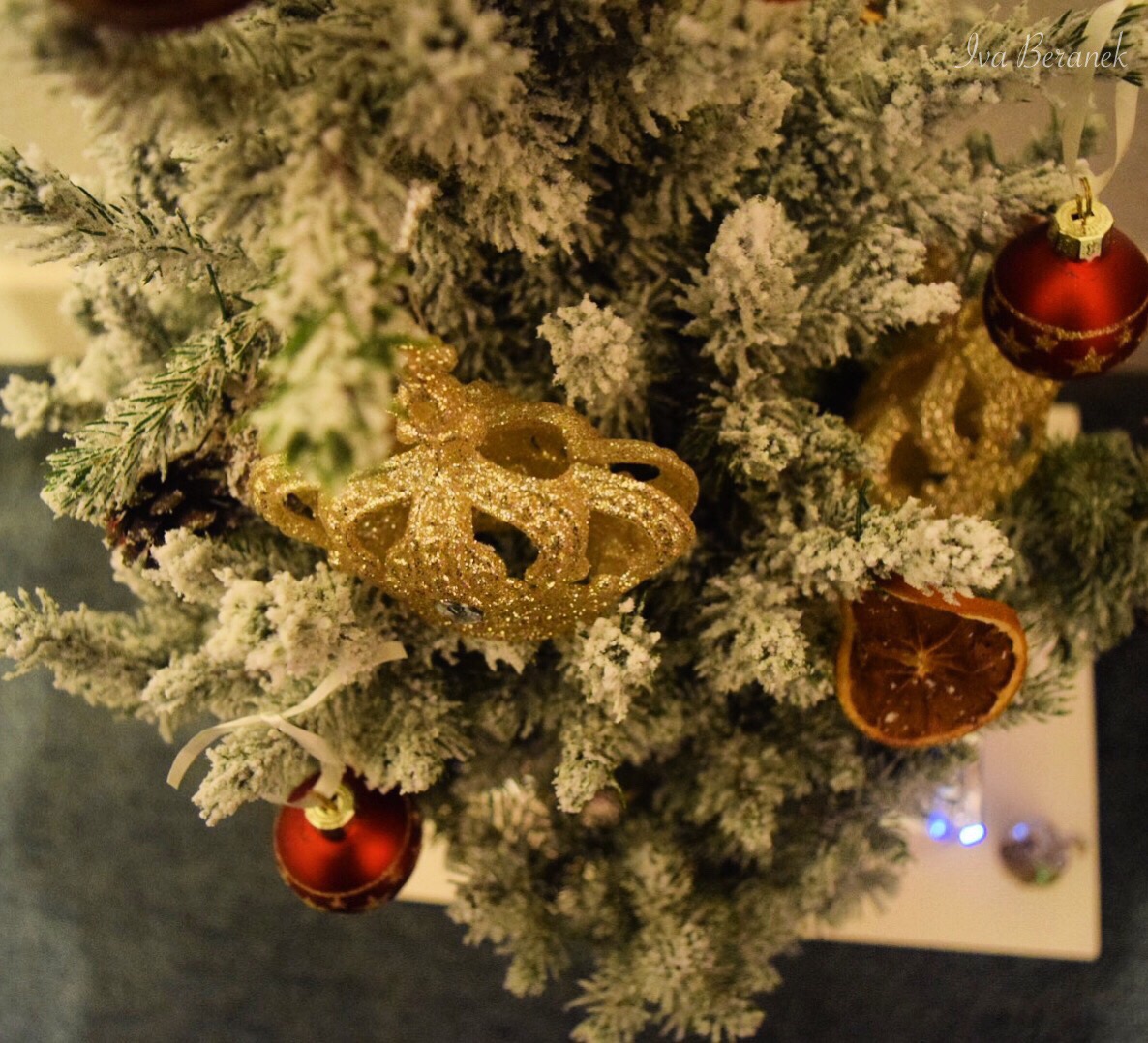Advent, something that God does
We are approaching the season of Advent. Nights are longer, days are colder, and the lights in our homes shine brighter. If we have an Advent wreath, lighting candle after candle each week in our houses and churches, we are guided by their light. Hope, love, joy and peace are traditional meanings for each of the Advent candles. These can also be the gifts of healing that we pray for week after week. Hope to sooth our disappointments, love to heal our wounds, joy to lighten our days, and peace to sooth the ache of discord among and within us.
There is a lot that we do in terms of preparing for Christmas, both externally as well as spiritually. Yet Advent is something that God does. It is God’s initiative, His coming into the world. With Mary being pregnant, in Advent Jesus is already here, though not yet fully. Like Jonah was in the belly of the wale we are with Mary waiting for the fruits of our Advent.
Lord, what will You do this Advent?
We can carve out some time for prayer in our daily schedule and ponder on this question.
Ask yourself, what do you want the Lord to do for you? Where do you need Him the most?
As a response to God’s gracious action in our lives, we can also ask,
Is there someone who needs the light of hope, the light of love, the light of joy, the light of peace? Is God inviting us to visit someone with this light in Advent?
Be attentive. Pay attention to the movements in and around you where you may notice His workings.
“Give thanks to the LORD, for he is good; his love endures forever.” (Psalm 107:1)
Iva Beranek
Dr Iva Beranek is the Ministry Facilitator for the CMH: Ireland

